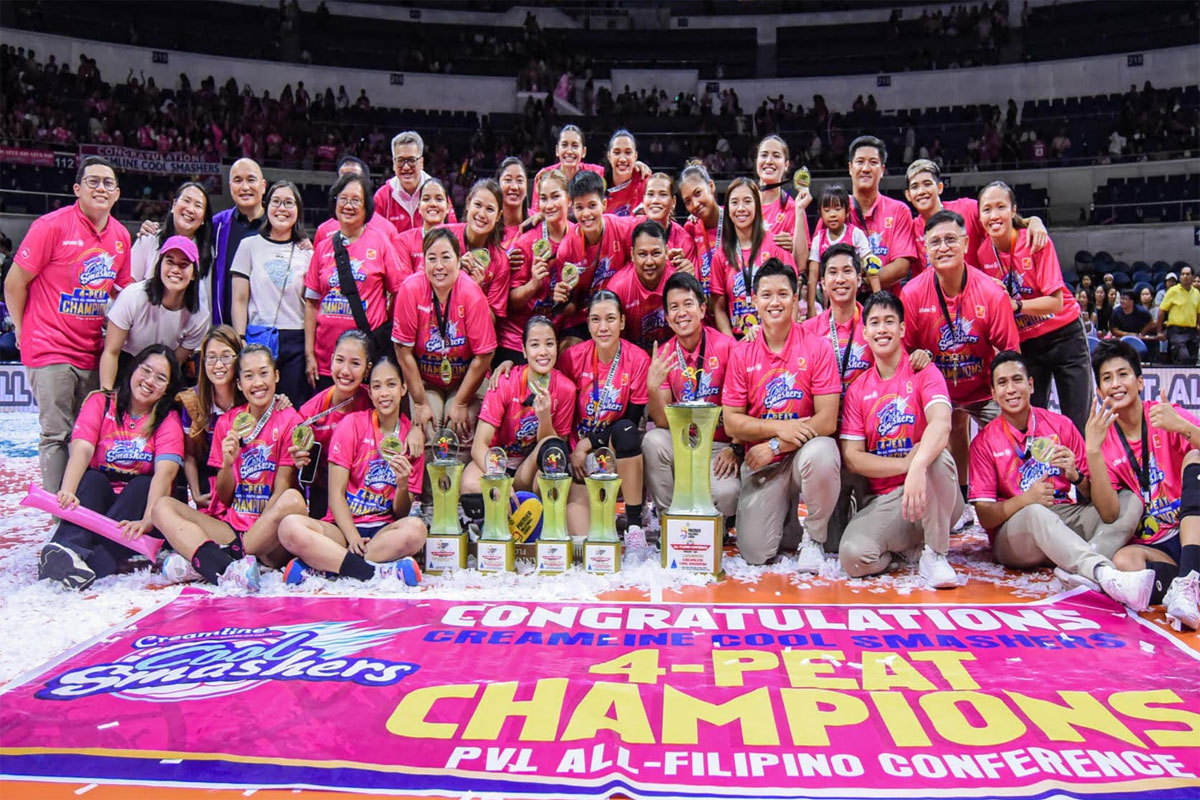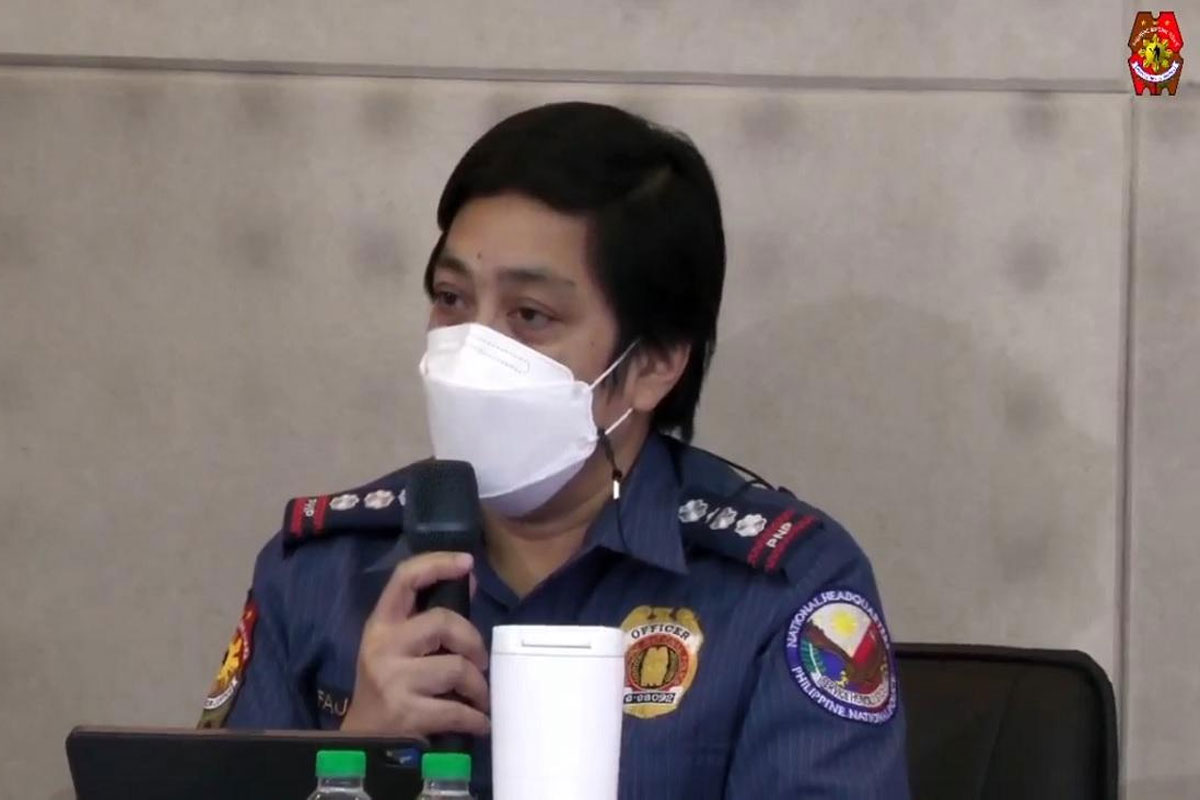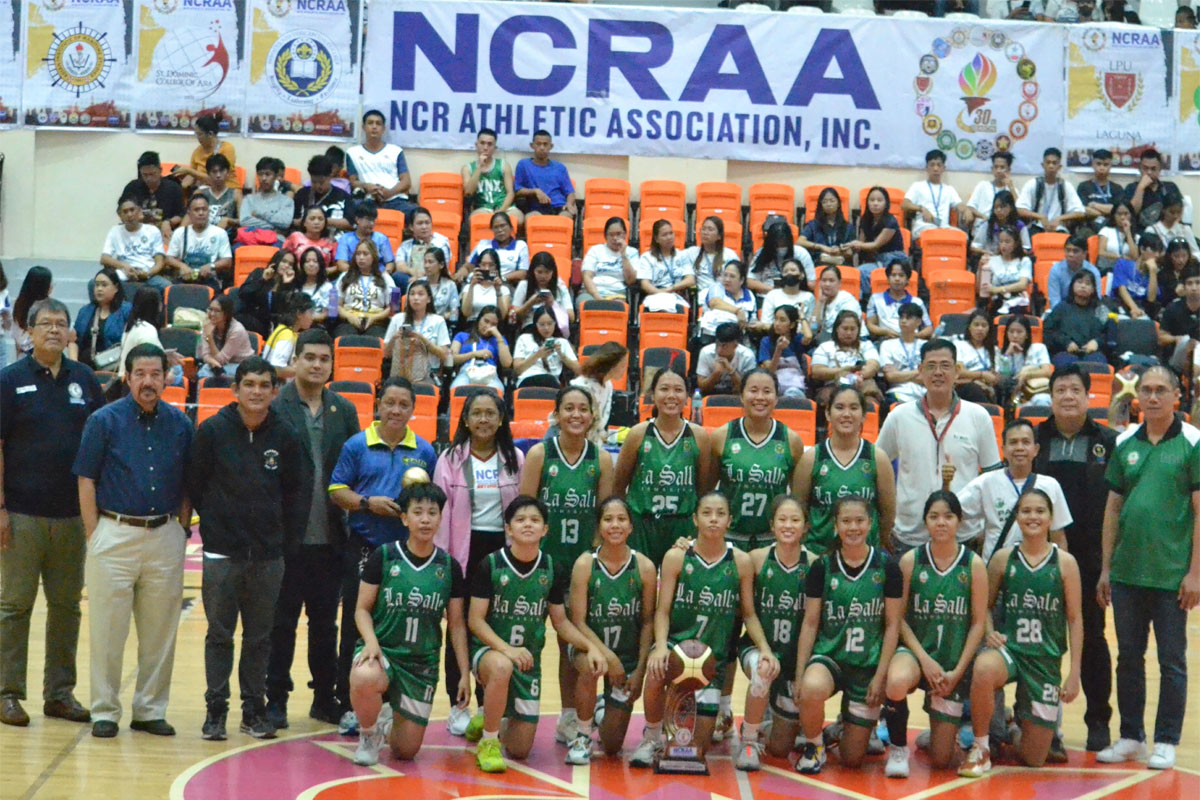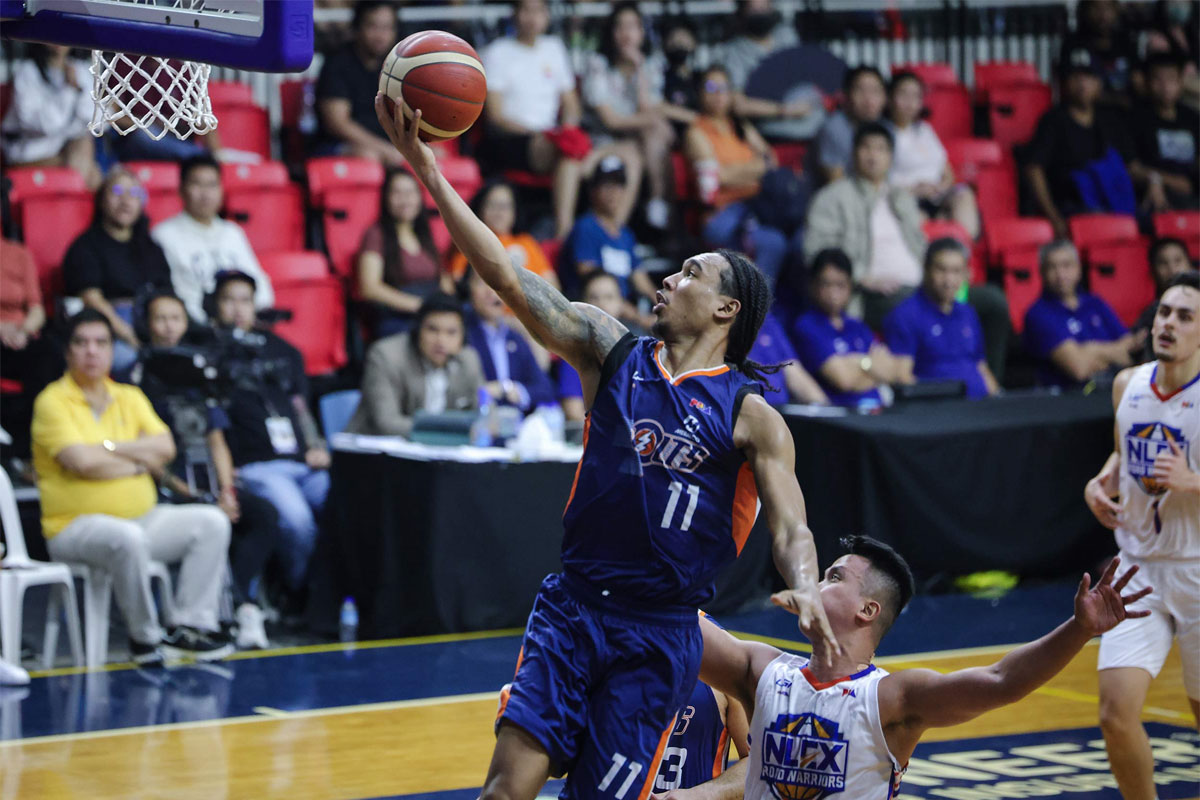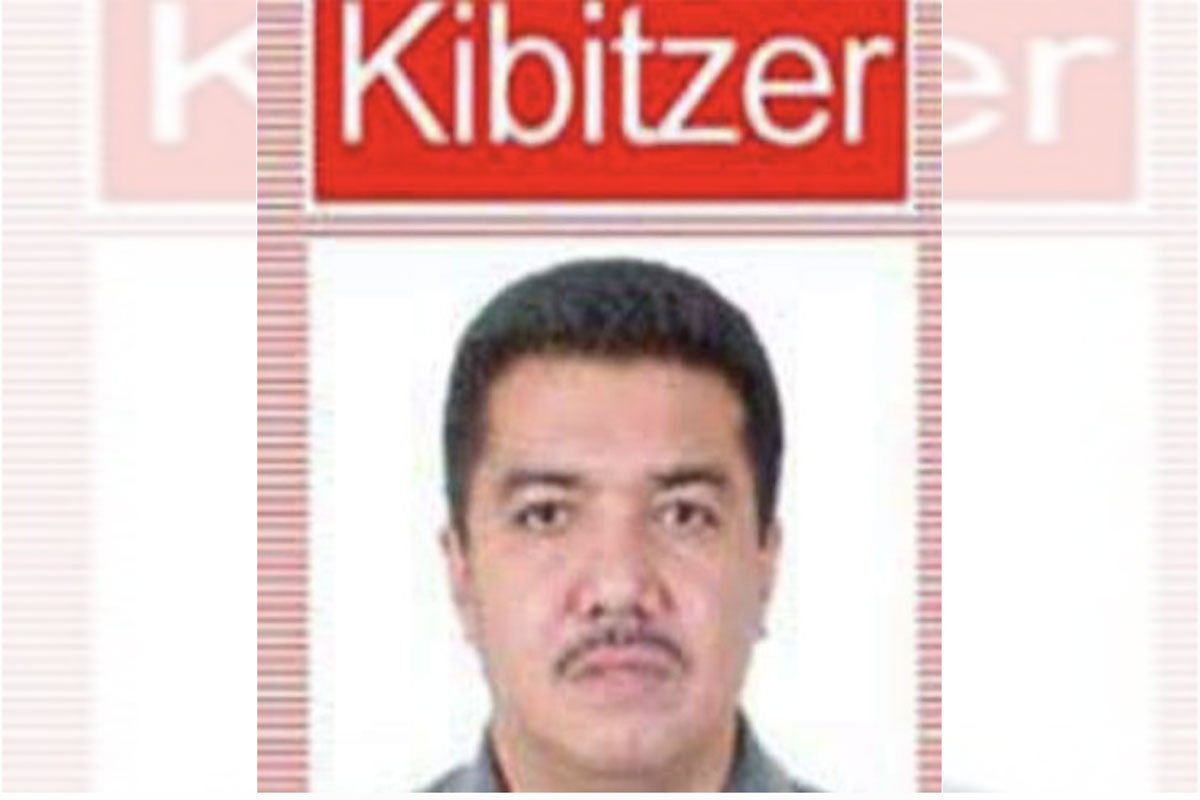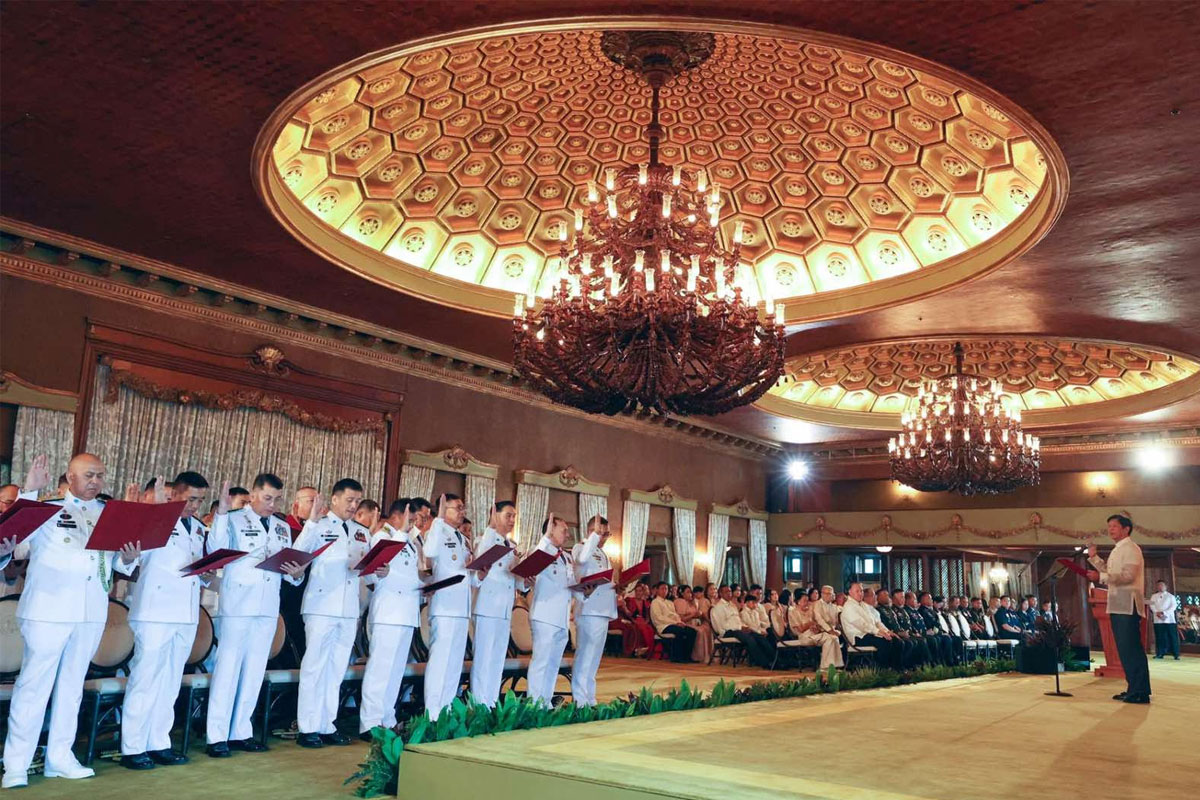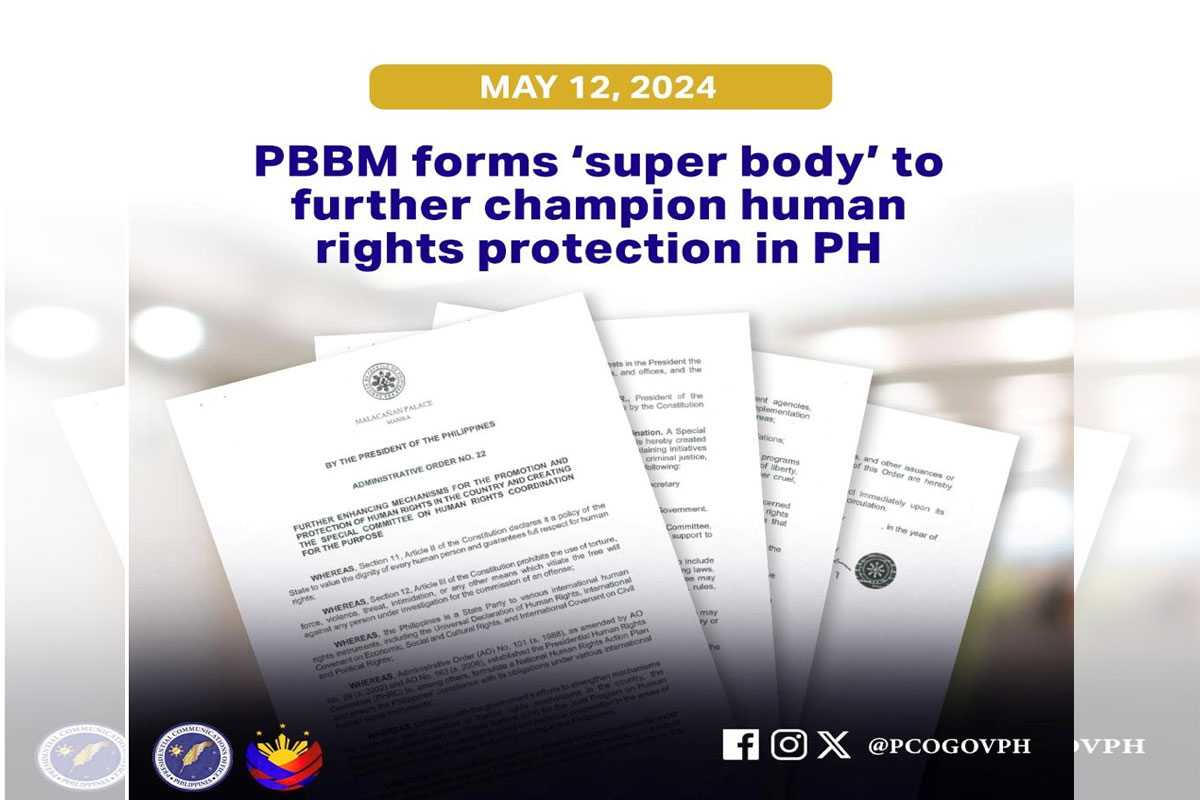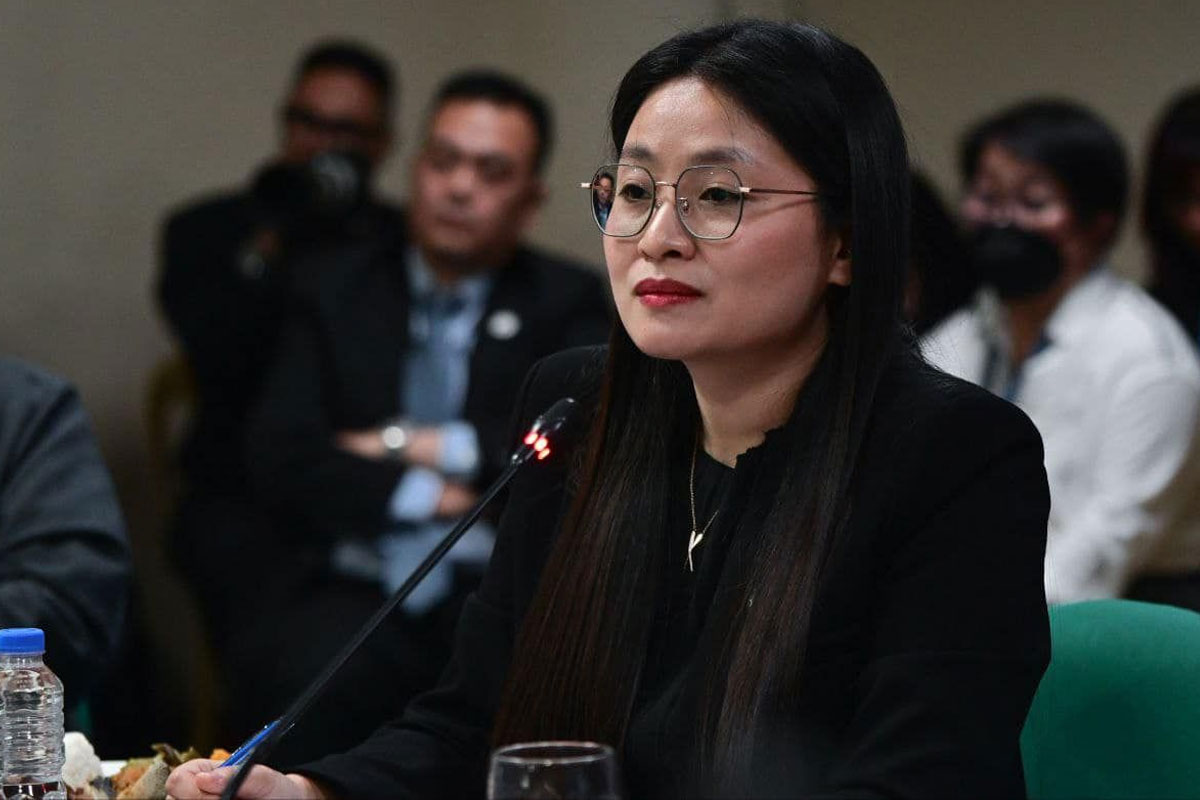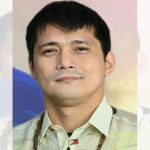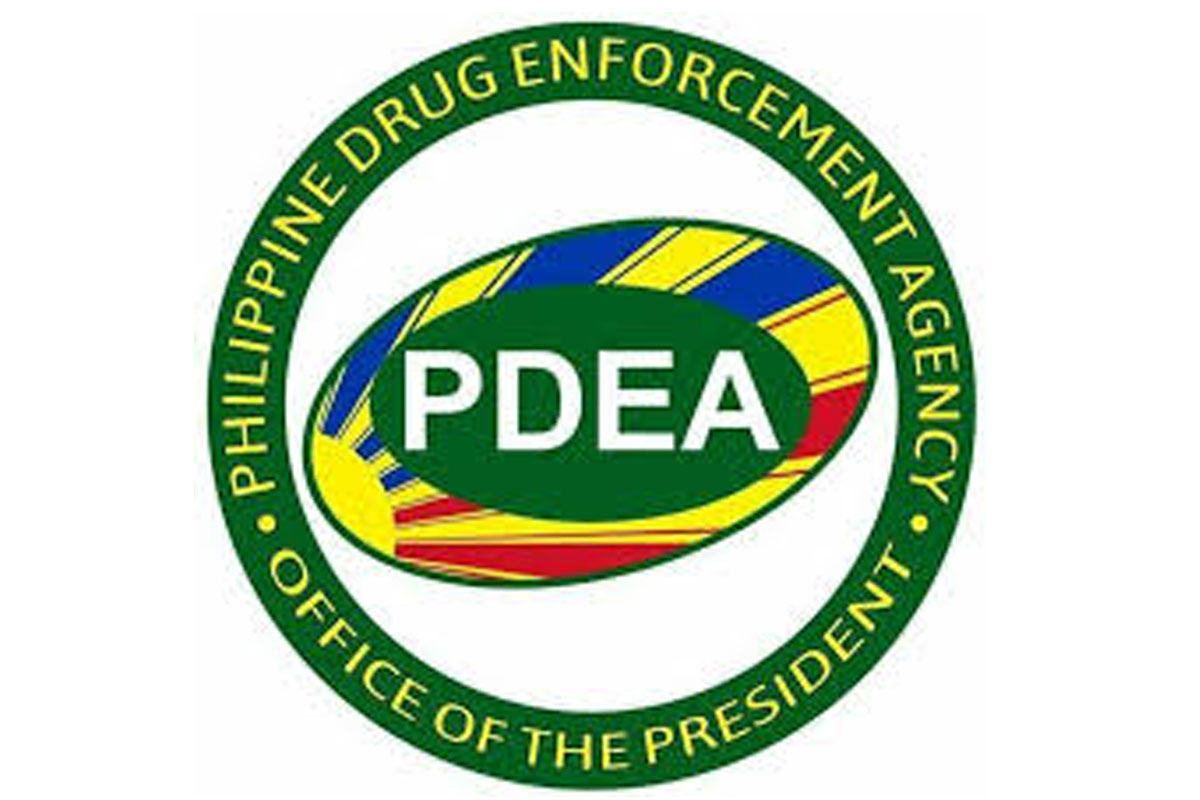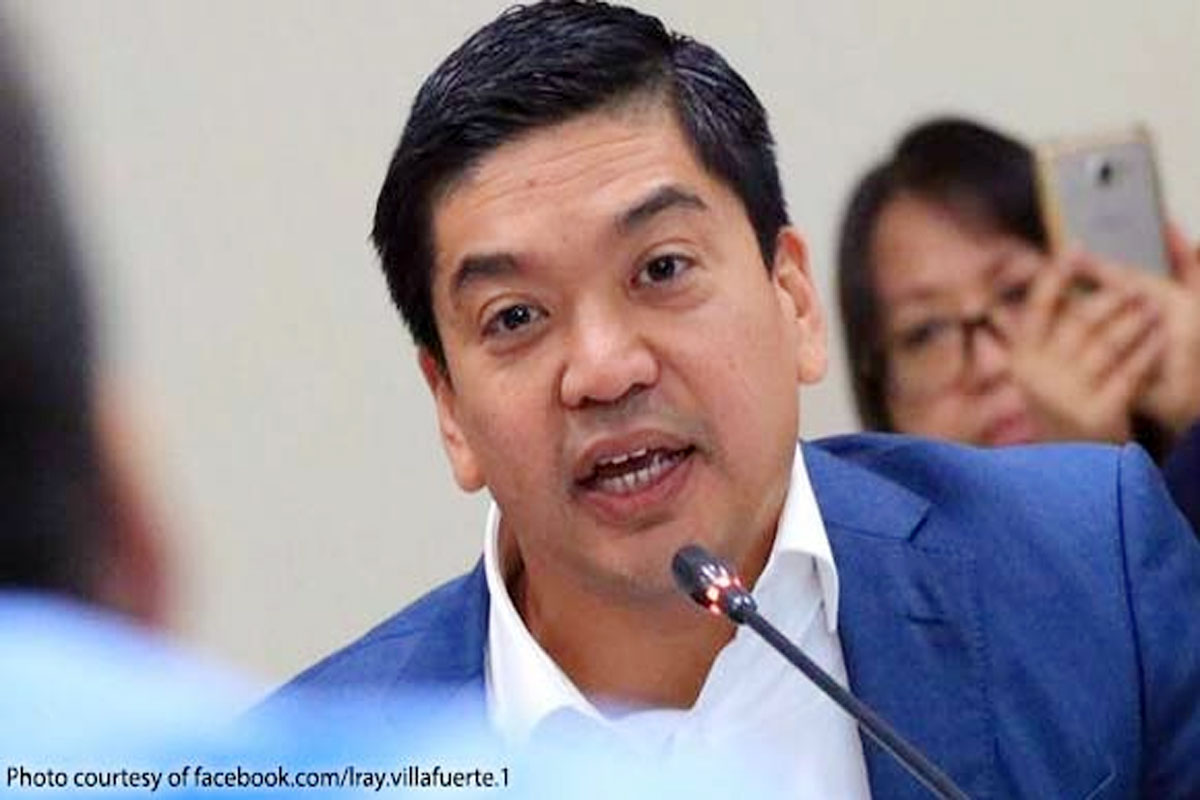
CamSur solon calls for ‘Con-Con’ in 2023
CAMARINES Sur Representative LRay Villafuerte has formally called on the 19th Congress to assemble a Constitutional Convention (Con-Con) by December 2023 at the earliest that would finally introduce economic and political reforms to the 1987 Constitution and rid it of perceived “antiquated or inapt” provisions seen to have long precluded the Philippines from regaining its postwar stature as an “Asian powerhouse” next only to Japan.
In House Bill (HB) No. 4926—otherwise known as the “Constitutional Convention Act”—Villafuerte proposed that the members of the would-be Con-Con assigned the task of studying amendments and revisions to the 35-year-old Charter be elected in the next nationwide balloting, which is either the one to be re-scheduled for selecting our Barangay and Sangguniang Kabataan (SK) officials or the midterm elections for legislators and local executives due three years from now.
Villafuerte said that among the three options allowed for Charter Change (Cha-Cha) under the 1987 Constitution, the “most transparent and trustworthy” manner of introducing needed constitutional reforms is through the election of delegates to a Con-Con, instead of the Congress convening itself into a Constituent Assembly (Con-Ass) or directly by the people themselves through the “People’s Initiative.”
“The Con-Ass route is not likely to get from Point A to Point B, given that this available process for Charter Change is likely to be sidetracked by the expectedly protracted national debate on whether the 1987 Constitution actually requires senators and House members to vote separately or jointly on proposed constitutional amendments and/or revisions,” Villafuerte said.
“Moreover,” he said, “a Con-Ass will further polarize our people, given one legitimate concern that devoting part of our official time as legislators to the Con-Con would only distract us from and enable us to devote less of our efforts and resources [to], the task of law-making, which is what our voters had elected us to do in the House of Representatives and the Senate.”
As for the “People’s Initiative” option, he said, “this process, given its nature and the way it is supposed to make changes and seek the people’s support and approval, is only ideal for introducing minor revisions to the Constitution, and not for major amendments or an overhaul that will possibly entail major changes in numerous constitutional provisions.”
One minor revision in the Constitution, for example, may entail changes in various articles and sections in the entire Constitution that will all need to be presented to, and approved by the electorate, in a plebiscite, he said.
Villafuerte pointed out that one “thorny” issue, for instance, that has led to controversies and seemingly endless debates in the past is the needed action of the bicameral Congress on certain concerns because the framers of the 1987 Constitution had “failed” to explicitly state in all of the Charter’s provisions concerning congressional approval on whether senators and House members need to vote separately or jointly in a Con-Ass.
“Proposals to introduce amendments via the Constituent Assembly route have gone nowhere in the past, for example, because these reform proposals had sparked long-drawn-out debates on whether Senators and House members need to vote separately or jointly on amendments or revisions,” he said.
The next barangay/SK elections were originally set on Dec. 5 this year, but the leadership of both the Senate and the House of Representatives agreed in a recent caucus to pass before the Oct. 1-Nov. 6 recess of the 19th Congress, the priority bill is postponing this nationwide poll, possibly on Dec. 4, 2023.
The midterm elections, meanwhile, are set on May 12, 2025.
As proposed in HB 4926 authored by Villafuerte, a three-term CamSur governor before his election to the House of Representatives and the president of the National Unity Party (NUP), his proposed Con-Con shall be composed of one (1) delegate from every legislative district nationwide.
At present, there are 243 congressional districts across the country.
“The clamor for Charter Change has always been relevant,” said Villafuerte in the bill. ““However, calls for genuine constitutional reforms have taken a backseat because of perceived controversies and allegations of corruption in previous administrations.’
“Filipinos, meanwhile, take severe punishment from corruption, high prices, inequitable distribution of income, and a lopsided playing field when it comes to foreign investments,” he said. “Thus, while it is a given that the present Charter needs to go through the process of revision, this should be done with much deliberation and in a transparent and trustworthy atmosphere.”
He said that in the realm of economic reforms, for instance, “the Philippines has won international investment-grade ratings and acclaimed as a rising economic star in recent years, but such accolades have not attracted the impressive level of foreign direct investments (FDIs) going to, say, Vietnam or Thailand, because of the restrictive constitutional provisions that limit foreigners to a maximum 40% participation in certain local businesses that are attractive to foreign investors.”
Villafuerte cited the importance of completing constitutional reforms through “a transparent process that ensures the participation by the nation at large. In keeping with the sovereign mandate of the people, the new Constitution of the Republic of the Philippines should be truly reflective of the ideals and aspirations of the Filipino nation, and not of a select few.”
The bill requires the would-be delegates to ensure that whatever amendments or revisions they are to draft and eventually submit to the people for ratification are anchored on the principles of democracy—separation of power, autonomy and self-determination of the regions, social justice, human rights, good governance and public accountability, among others.
The Commission on Elections (Comelec) is directed under HB 4926 to draw up the implementing rules and regulations (IRR) for the holding of the election for Con-Con delegates within 30 days from the effectivity of this Act.
Any person elected as a Con-Con delegate “shall not be eligible to run for any public office or position in the first national and first local elections to be held after the ratification of the new Constitution,” the bill states.
“Further, no elected delegate of the Con-Con shall be appointed to any public office or position while the Con-Con is in session and within a period of one (1) year after the plebiscite for the revised or amended Constitution,” it adds.
The would-be elected delegates are tasked under Villafuerte’s bill to study and draft the proposed amendments and/or revisions to the Constitution within two (2) years after the effectivity of its rules.
“No extension of the term of the Con-Con shall be allowed,” said Villafuerte in his bill. “The death or incapacity of an elected delegate shall not be a ground for the holding of a special election or for the delay of the proceedings of the Convention.”
The Con-Con is mandated under the bill to submit its recommended constitutional reforms—following a process of public hearings and deliberations on whatever changes are to be agreed upon by the delegates— “for the people’s ratification in a plebiscite to be held not earlier than 60 days or later than 90 days after approval of the amendments and/or revisions, and the same shall be valid only when ratified by a majority of the votes cast,” Villafuerte said.
The rules of the Con-Con must be completed by its elected members within a period of thirty (30) days from the time these delegates take their oath.
Such drafted rules must be approved by a majority vote of all the elected delegates.
HB 4926 states that, “There shall be an election of delegates to a Con-Con simultaneous with the holding of the next Barangay/SK or National Elections. The Comelec shall within thirty (30) days from the enactment of this Act, promulgate the rules and regulations necessary for the elections of the delegates to the Convention.”


